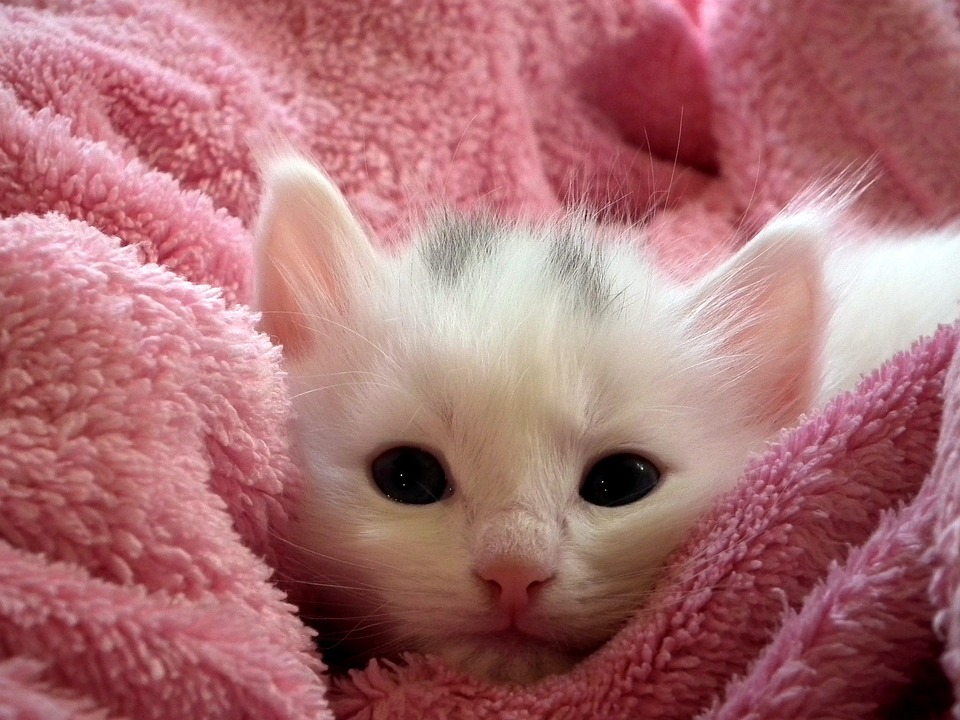Cats have always been known for their mysterious behavior, and one aspect that continues to puzzle cat owners is their nighttime vocalizations. Whether it’s the haunting yowls or the seemingly endless meowing, these vocalizations can leave you wondering about their purpose and significance. In this article, we will delve into the science behind these nighttime vocalizations, shedding light on their meaning, possible causes, and how to address them if they become excessive.
Communication through Sound:
One of the primary purposes of nighttime vocalizations in cats is communication. Cats are highly territorial animals, and they use vocalizations to establish and defend their territory. These vocalizations can serve as warning signs to other cats to stay away. Additionally, cats use vocalizations to attract mates during breeding season. The loud and intense vocalizations act as a signal to potential mates, indicating their readiness to reproduce. Furthermore, cats may vocalize to express discomfort or pain, signaling to their owners that they need attention or medical assistance.
Seeking Attention:
Another reason for nighttime vocalizations is the cat’s need for attention. Cats are social animals, and they require interaction and stimulation. If they feel lonely or bored, they may meow or yowl in an attempt to get their owner’s attention. Similarly, cats may vocalize if they are hungry or thirsty, signaling their need for food or water. Understanding the specific needs behind these vocalizations is crucial in addressing them effectively.
Possible Causes of Nighttime Vocalizations:
Nighttime vocalizations in cats can have various causes, including natural instincts, medical and health issues, and environmental factors. Cats are naturally nocturnal animals, and their vocalizations may be a result of their hunting instincts, even if they are domesticated. Additionally, during the breeding season, cats engage in mating rituals that involve intense vocalizations. These instincts can contribute to nighttime vocalizations.
Medical and health issues can also be a cause of excessive vocalizations. Older cats may experience age-related cognitive decline, leading to confusion and increased vocalizations. Pain or discomfort due to illness or injury can also cause cats to vocalize. Separation anxiety or stress can also manifest through increased nighttime vocalizations.
Environmental factors play a significant role in a cat’s vocalizations. Changes in routine or living arrangements, such as moving to a new home or the addition of a new family member, can cause stress and lead to increased vocalizations. Lack of mental or physical stimulation can also contribute to excessive vocalizations, as cats may use vocalizations as a way to alleviate boredom. Excessive noise or disturbances in the environment can also trigger vocalizations.
Addressing Nighttime Vocalizations:
To address nighttime vocalizations, it is essential to rule out any underlying medical issues. Consult with a veterinarian to ensure that your cat is in good health and to address any pain or discomfort. Regular check-ups and preventive care can also help maintain your cat’s overall well-being.
Providing a stimulating environment is crucial in reducing nighttime vocalizations. Engage in interactive play sessions during the day to tire out your cat and provide mental stimulation. Puzzle toys or treat-dispensing devices can also keep your cat entertained and mentally engaged. Creating a safe and comfortable sleeping area can help alleviate any potential stress or discomfort.
Establishing a consistent routine is another effective way to reduce nighttime vocalizations. Stick to regular feeding, play, and sleep schedules to provide a sense of security and predictability for your cat. A calm and peaceful environment before bedtime can help your cat relax and settle down for the night. If necessary, gradually transition to a new routine to minimize any stress or anxiety.
Avoid reinforcing the behavior by refraining from rewarding vocalizations with attention or treats. Instead, use positive reinforcement for desired behavior. Reward your cat for being quiet and calm during the night to encourage the desired behavior.
Frequently Asked Questions (FAQs):
– Are all cats prone to nighttime vocalizations?
No, not all cats are prone to nighttime vocalizations. Some cats may be naturally more vocal than others, while others may only vocalize when they have specific needs or are in distress.
– How can I differentiate between normal vocalizations and excessive ones?
Normal vocalizations are typically short-lived and occur in response to specific needs or situations. Excessive vocalizations are prolonged, frequent, and may be unrelated to any specific need or situation.
– Can nighttime vocalizations be a sign of a serious health issue?
Yes, excessive vocalizations can sometimes be a sign of a serious health issue. If your cat’s vocalizations are accompanied by other concerning symptoms, it is best to consult with a veterinarian for a proper diagnosis.
– Should I consider adopting another cat as a companion to alleviate nighttime vocalizations?
Adopting another cat as a companion can help alleviate nighttime vocalizations caused by loneliness or boredom. However, it is important to consider the individual personalities and needs of both cats before making this decision.
– Are there any specific breeds more prone to nighttime vocalizations?
While there are no specific breeds more prone to nighttime vocalizations, some breeds may be naturally more vocal than others. It is important to research and understand the typical behavior and vocalizations of the specific breed you are considering.
– Can medication be used to control excessive vocalizations?
In some cases, medication may be prescribed by a veterinarian to help control excessive vocalizations. This should only be considered after ruling out any underlying medical or behavioral issues and under the guidance of a professional.
Conclusion:
Nighttime vocalizations in cats may be mysterious, but understanding the underlying reasons behind them can help you provide better care for your feline companion. By considering the purpose, possible causes, and appropriate interventions, you can create a peaceful and harmonious environment for both you and your cat. Remember, patience and consistent effort are key in unraveling the science behind these intriguing vocalizations.








